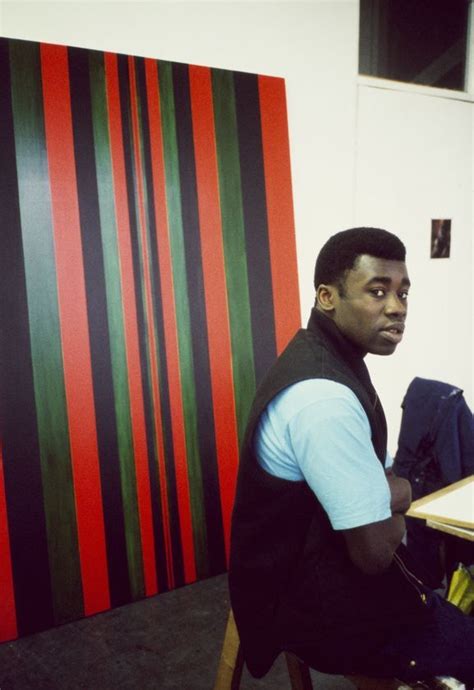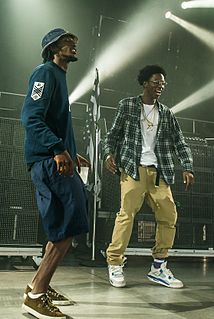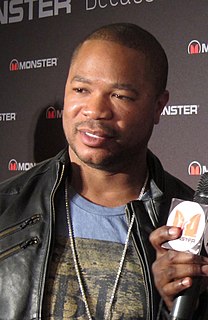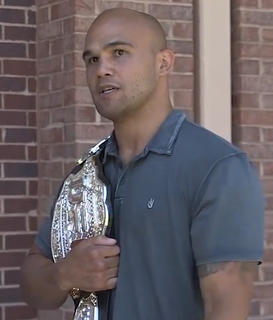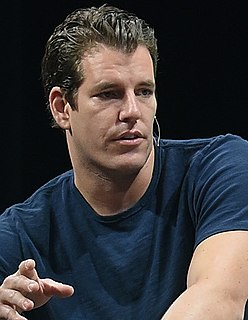A Quote by Troy Carter
If you look at a company like Uber, a company that so anti-establishment that cab companies are trying to find ways to shut it down, one could compare that to how Public Enemy and NWA went after then-modern society in hip hop.
Related Quotes
Companies that actually survive and flourish are going to change their business model from production to aggregating the networks and the network services and solutions. If you're a construction company or an IT company or a logistics company or an information data operation, to the extent that you can find ways to help build the commons, you can get some commercial value in that.
I was listening to a lot of hip hop, music like Public Enemy that was about raising consciousness, and I realised I could feed that directly into my work, using images in a way that was a bit like sampling - taking images from diverse places, exploring the contradictions without trying to hide the seams.
I wouldn't compare my sound on the mixtape to anything, but my influences are like - the minimal amount of hip-hop that I actually do know - because I didn't grow up listening to hip-hop like that. No one really put me on to hip-hop like that... My dad's from Jamaica and my mom is from Barbados, so that's really the stuff I grew up listening to.
Basically my point of view on unicorns is that private companies which have sky high valuations, it doesn't really mean anything in the real world until it's marked to market. And there's only two ways things get marked to market in venture capital: Either a company is acquired by another company for cash or marketable security, or it goes public, and then it has reporting requirements and then the market will determine the value.
Growth isn't central at all, because I'm trying to run this company as if it's going to be here a hundred years from now. And if you take where we are today and add 15% growth, like public companies need to have for their stock to stay up in value, I'd be a multi-trillion-dollar company in 40 years. Which is impossible, of course.
Somewhere down the line, the evil ones stole the legacy of hip hop and flipped it to a corporate type of hip hop. They decided to tell everybody 'Well, this is what hip hop is,' instead of coming back to the pioneers and getting the true definition of what hip hop is and what it was and what we been pushing for all these years.
I think it's always interesting when you see a company start moving so quickly - it's like wow, incredible. When a company like Uber starts breaking away, it's not a linear thing. It's exponential. All of a sudden, the guy you know who threw $25,000 at Uber very early on - all the sudden, that $25,000 is $25 million.







